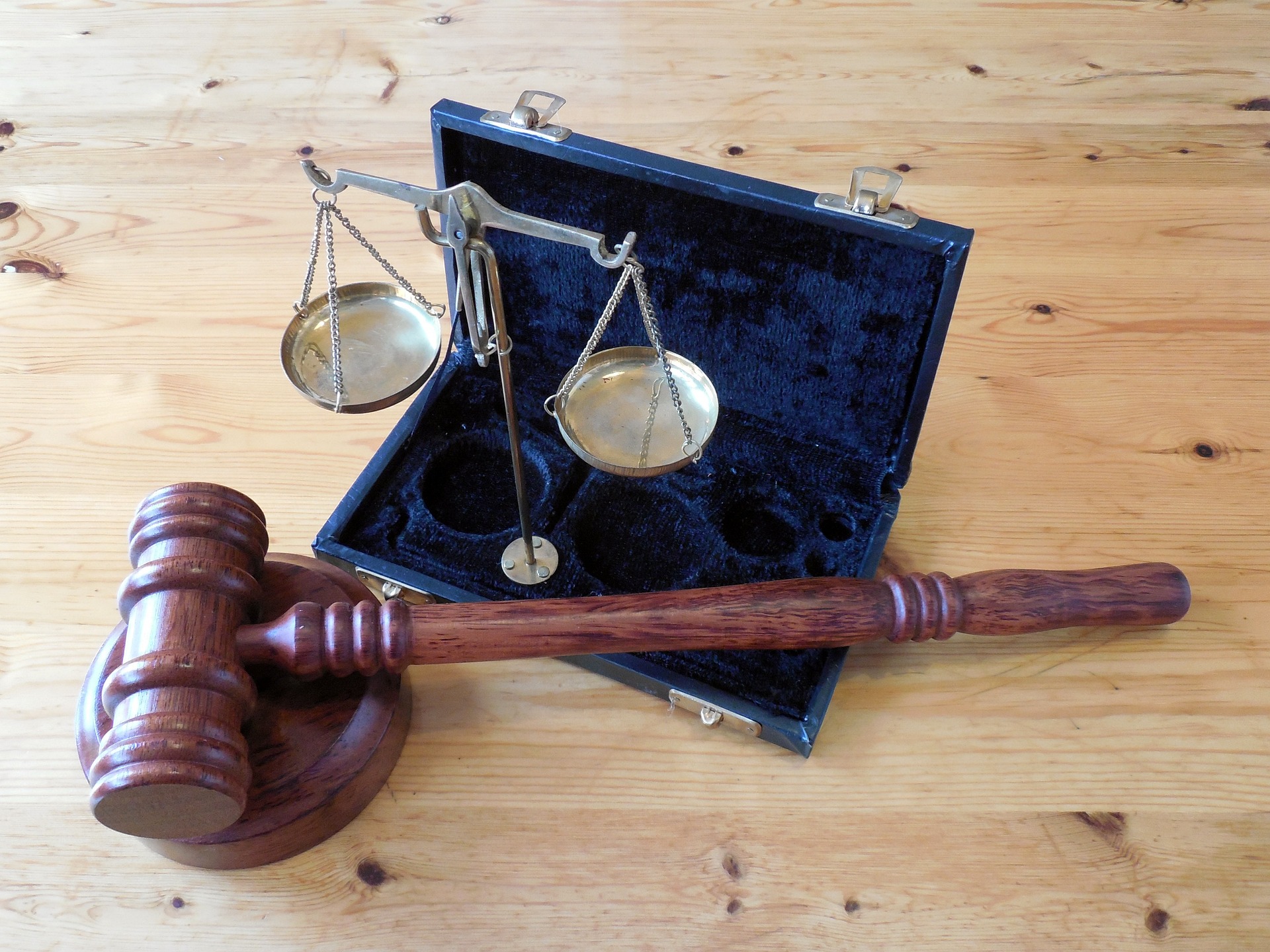The Role of Intellectual Property Rights in the Digital Age
The digital age has transformed the way we create, share, and consume content. As a result, intellectual property rights have taken on a new significance. This article delves into the evolution of intellectual property laws in the digital age, current legal updates, and their implications for society.
The Genesis of Intellectual Property Rights
Intellectual property rights (IPRs) have long played a crucial role in promoting innovation and creativity. Historically, they have served as a legal framework for protecting the rights of inventors and creators, granting them exclusive rights to use, sell or license their creations. However, the advent of the digital age has created new challenges for IPRs, necessitating significant legal adaptations.
The Digital Age and Intellectual Property Rights
The digital age, characterized by the rapid proliferation of internet technologies and digital content, has blurred the boundaries of intellectual property. With the ease of access and distribution of digital content, issues of copyright infringement, piracy, and patent disputes have become increasingly common. To address these challenges, lawmakers worldwide have been grappling with the task of updating IPR laws to reflect the realities of the digital age.
Recent Legal Updates
In recent years, there have been several key legislative changes related to intellectual property rights in the digital age. For instance, the European Union’s Copyright Directive was enacted in 2019 to modernize copyright laws for the digital era. The directive introduced two controversial provisions: Article 15, which grants news publishers a share of the revenue that online platforms generate from their content, and Article 17, which holds online platforms liable for copyright infringements by their users.
Implications and Impact on Society
These changes in IPR laws have profound implications for society. On one hand, they are designed to protect the rights of content creators, encouraging innovation. On the other hand, they have sparked debates about freedom of expression and information access. Critics argue that these laws could lead to censorship and limit creativity, while supporters believe they are necessary to ensure fair compensation for creators.
Moreover, the responsibility placed on online platforms to monitor user content for copyright infringements, as stipulated by the EU Copyright Directive, raises questions about the feasibility and ethics of such surveillance. It also points to the growing role of tech companies in governing digital content, a trend that carries its own set of legal and societal implications.
Conclusion
As we continue to navigate the digital age, the evolution of intellectual property rights will remain a critical area of legal exploration. Balancing the rights of creators with the principles of freedom of expression and open access to information is a complex task. However, it is a challenge that legal experts and lawmakers must rise to, as the decisions made today will shape the digital landscape of tomorrow.







